Why My Skin Is Peeling on My Face After Skincare
This article is about Why My Skin Is Peeling on My Face After Skincare .In the capacity of the infinity of skincare routines, where trends just go by and the prophecies pop out, our skin sometimes is exposed to such notions that may force us to stop and think of worries. This always is the easiest concern of skin peeling on the face that some people may have after sticking to their skincare routine some weeks or days. In this article, we shall dive into a detailed exploration of this challenge which will be our guide in acquiring skills and strategies that will assist in the fight against this phenomenon.
1.Understanding Skin Peeling
A proper understanding of what skin peeling is is of utmost importance before setting up the solutions to help prevent skin peeling. The term Armada of skin peeling, also known as desquamation, relates to a naturally occurring process where the outermost layer of the skin peels off to discard dead cells and generate new ones. While this process is sure an essential matter for skin renewal, however, irregular or excessive crackles in the skin mean a problem or deficiency in the skin structure or surroundings.
2.Common Skincare Mistakes
In our unending search for the skin we always dreamt of, we walk off the beaten path, thus further harming ourselves more than necessary. The most frequent errors such as using strong ingredients that contain abrasives, exfoliating too often, and not just using moisturizers in the long run result in violating the healthy balance of the skin as well as in the soapness, redness, and irritation.
3.Reaction to Skincare Products
The skincare market is full of different products that are asserting their ability to adapt and change one’s looks. Nevertheless, not all, are made alike, they may differ a lot in the way they respond to them on our skin. Eating food with specific ingredients that are unsafe or using a product with an inappropriate formulation or for your skin type can lead to adverse reactions like sagging or inflammation.
4.Environmental Factors
The skin is the perfect target since the organs that are hidden from the outside world are not damaged or exposed to environmental stressors as much as the skin that is constantly exposed to UV rays, pollution particles, and fluctuating weather conditions. Prolonged exposure to sunlight, extreme temperatures, and pollutants can lead to poor skin defense, weakening of the natural barrier, and, therefore, peeling, dryness, and increased vulnerability.
5.Health Conditions
The aggravating factors are not the only things that result in skin peeling for certain undetected health conditions. On the one hand, conditions such as eczema, psoriasis, and contact dermatitis all result in redness, itching, and flaking, which are serious symptoms that are quite alarming and these symptoms must be differentiated from mere skincare concerns to ensure a proper intervention.
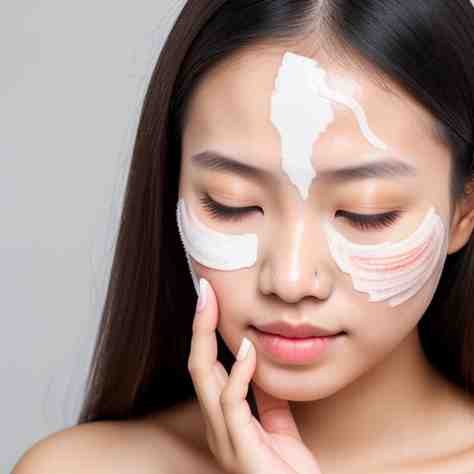
6.Hormonal Changes
The body’s hormone-triggered disruptions in its metabolism influence what the skin does and how it looks. Hormonal changes are the most apparent during puberty, pregnancy, and menopause, processes that typically cause an increased production of oil, alter the skin texture, and increase the sensitivity thus all this is likely to result in peeling of the skin.
7.Importance of Patch Testing
Sometimes in the enthusiasm of exploring or while unrolling and trying new skincare products we can forget or overlook that patch test is the important thing. Nevertheless, the does not look simple and serves just two purposes: it deflects us from possible catastrophes. In patch testing, a tiny amount of product is applied to a tiny testimony of your skin and left for monitoring of any symptoms that could impede the product from being a regular skincare item of yours.
8.Proper Skincare Routine
This implies the emergence of a personalized skincare routine as Ms. Laarajova’s primary mechanism for flawless skin. A mild cleanse ease with skin type, a moisturizer to restore the water content in your skin, and a broad-spectrum sunscreen are the most important items in your skincare program. Tailoring your routine by including treatment products with target effects on various skin issues like exfoliation, moisturization, and others will only add to the effectiveness.
9. Consulting a Dermatologist
When we confront such a skin-peeling situation, the last thing we should do is stay indifferent to a great extent. Immediately, we have to go see a dermatologist. Dermatologists mostly focus on treating you to the line including skin condition diagnosis, trigger identification, and recommended treatment options depending on your unique situation. They embrace a variety of options ranging from prescription medications to advanced skincare procedures, thereby ensuring a highly tailored approach to tackling dermatological issues.
10.Lifestyle Changes
The word for skincare and treatments is much wider than the utilization of skin care products and treatments because our lifestyle habits have a great effect on the health and appearance of the skin. A well-rounded diet with many antioxidants and other essential vitamins helps in improving the skin from the inside out, while stress management techniques and proper amount of sleep should be practiced to maintain overall health, which eventually shows up on the skin.
11.Natural Remedies
If you are among the ones who tend to stick to natural ingredients there are more than a few guru ingredients that can easily support your skin care regimen by treating the skin and creating a moisturizing atmosphere. Whether you are using aloe vera to cool down or local honey and oatmeal to mitigate bacterial growth and calm irritated or peeling skin, by introducing some of these natural remedies you can obtain relief.
12.Prevention Tips
Prevention, to be exact, is usually (or is preferable) the best line of defense in skincare concerns. Making small yet purposeful lifestyle changes, like drinking plenty of liquids, keeping heat exposure duration relatively low wearing sun-protective clothes, and applying sunscreen to your skin, can add shields to your skin so that it is less prone to environmental factors and have less dryness and other skin related issues.
13.Case Studies
In real-life experiences, the process of facial skin peeling could be addressed and a lot of something meaningful is made known. Through personal statements, true stories, and success tales, others may be inspired and learn from others’ experiences and feel motivated to actively engage in healing or attaining healthier and happier skin.
14. Conclusion
Summing it up, the process of experiencing a flaky skin surface on the face after using the skincare could be so perplexing and frustrating. Nevertheless, by association, and using proper techniques, one can recover and have healthier, more adaptable skin. Through comprehension of the underlying factors in setting up a personalized skincare routine, and through advice by looking after the skincare professionalism also, you can embark on a skincare goal journey with confidence and clarity. Also Follow us on medium.
FaQs About Why My Skin Is Peeling on My Face After Skincare
Why does my skin peel after applying skincare products?
Skin peeling usually occurs because of circumstances such as over-exfoliation, certain ingredients that a person is allergic to in their skincare, and even some skin conditions like eczema or psoriasis.
Is it normal for my skin to peel after using new skincare products?
It is not rare that skin may develop adverse reactions to an unfamiliar product, notably if it incorporates potent ingredients, or if its wearer possesses reactive skin. Nevertheless, nagging peeling could be a result of undesirable response or of an unright choice of product.
How can I prevent skin peeling after skincare?
For avoiding the epidermis peeling, apply exfoliation properly and tolerate your skin type by selecting gentle skincare products. Also, keep your skin moist to prevent tearing your skin cells. The try of new products before full use can also signal about inborn irratants.
When should I seek professional help for skin peeling?
It is also recommended to seek the advice of a qualified dermatologist in the event that peeling becomes extremely severe or continues with other symptoms including redness, itching, or inflammation. They can spot the skin conditions, determine causes, and let us know the needed solutions.
Are there any natural remedies to soothe peeling skin?
Such ingredients as aloe vera, honey, and oatmeal which soothe are included in natural components. They help patient prevent appearing of peeling and irritation On the contrary, although you must be aware of possible irritation (patch test) and immediately discontinue use in such a case, the home treatment is generally not dangerous.
- Top 10 Moisturizers for Every Skin Type
- Top 6 Benefits of Primose Oil For Skin.
- My Dental Healthy Journey
- Understanding Hair Porosity: Tests, Tips, and Care Routines
- Top 10 Amazing Benefits of Rose Water for Skin
- Aloe Vera Hair Masks for Healthy and Beautiful Hair
- Natural Ways to Remove Sun Tan Fast
- How to Get Thick Hair: Simple Habits for Thicker, Longer Hair
- Is Jojoba Oil Good for Low Porosity Hair?
- Top 7 Skin Benefits of Batana Oil
- DIY Face Masks for Glowing Skin: Natural Remedies
- Natural Remedies for Clear Skin: Glow Naturally
- Rosehip Oil for Acne Scars: Does It Really Work?
- Almond Oil for Hair: Tips for Thicker Locks
- Top 10 Natural Remedies to Stop Hair Fall


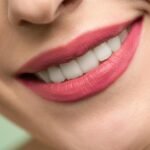

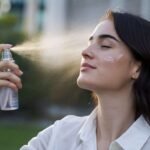
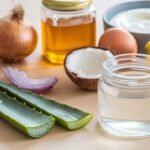


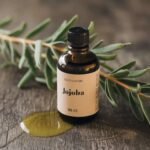
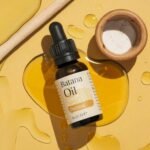
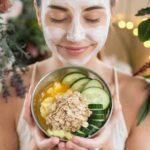

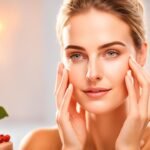
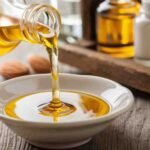




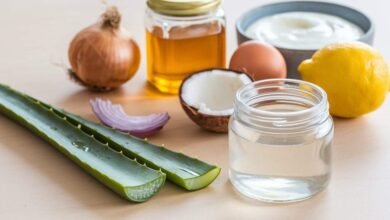
03042611031 contact me plz i want to understand from you something about seo